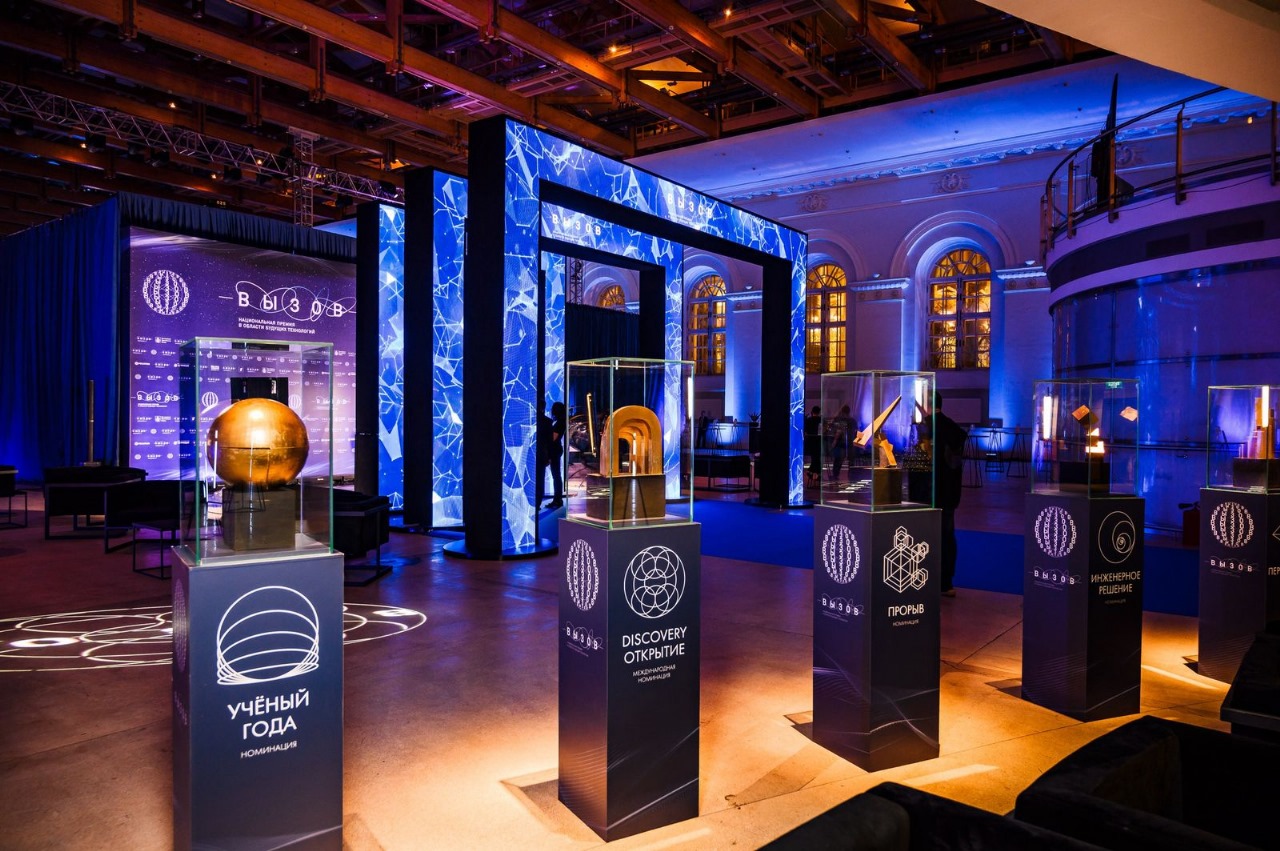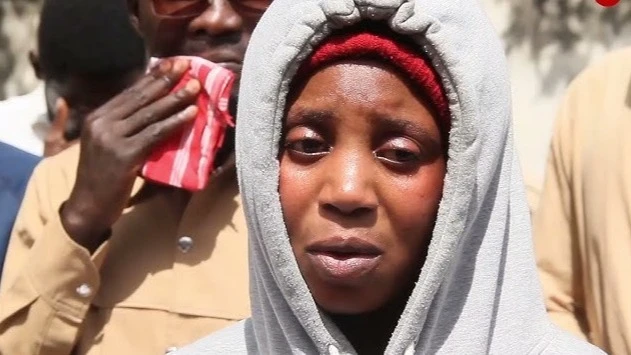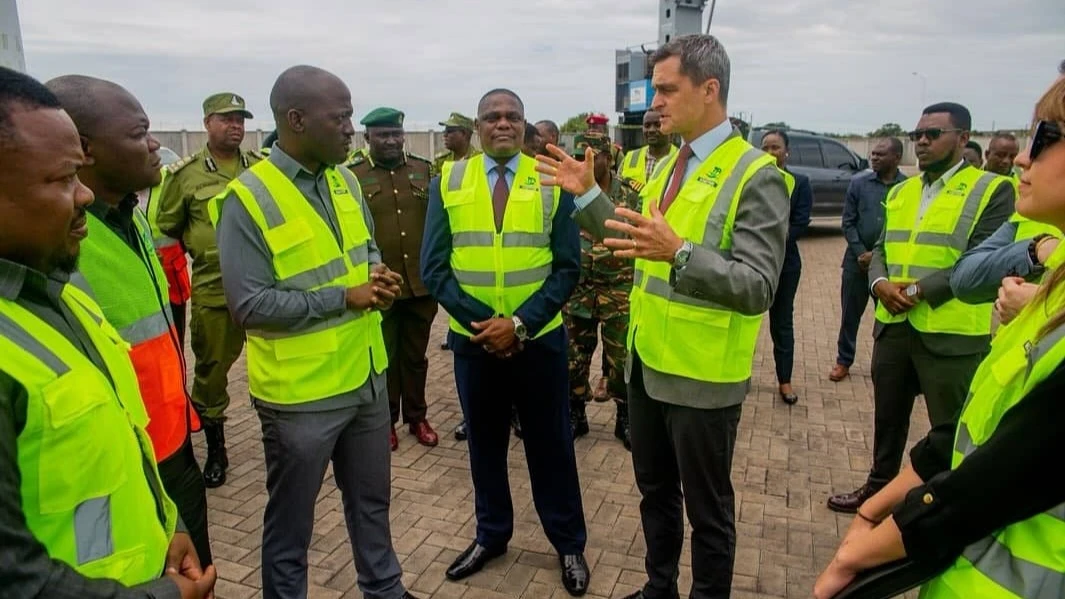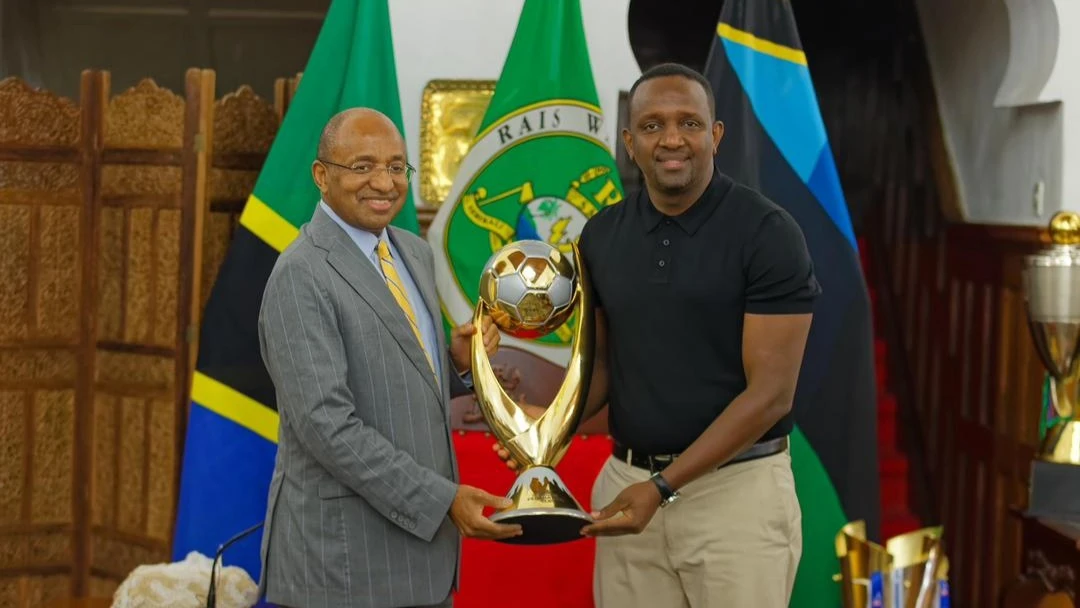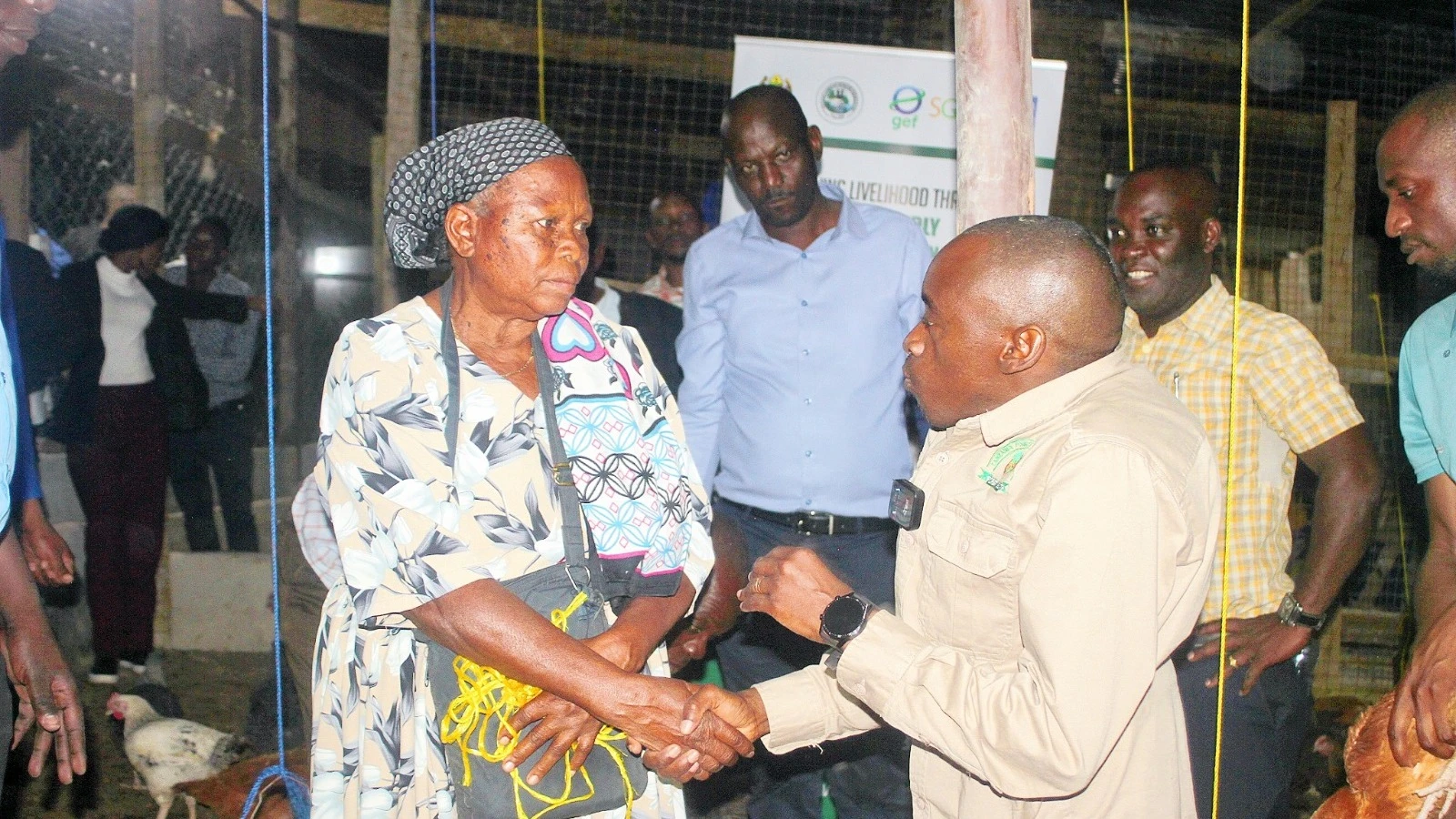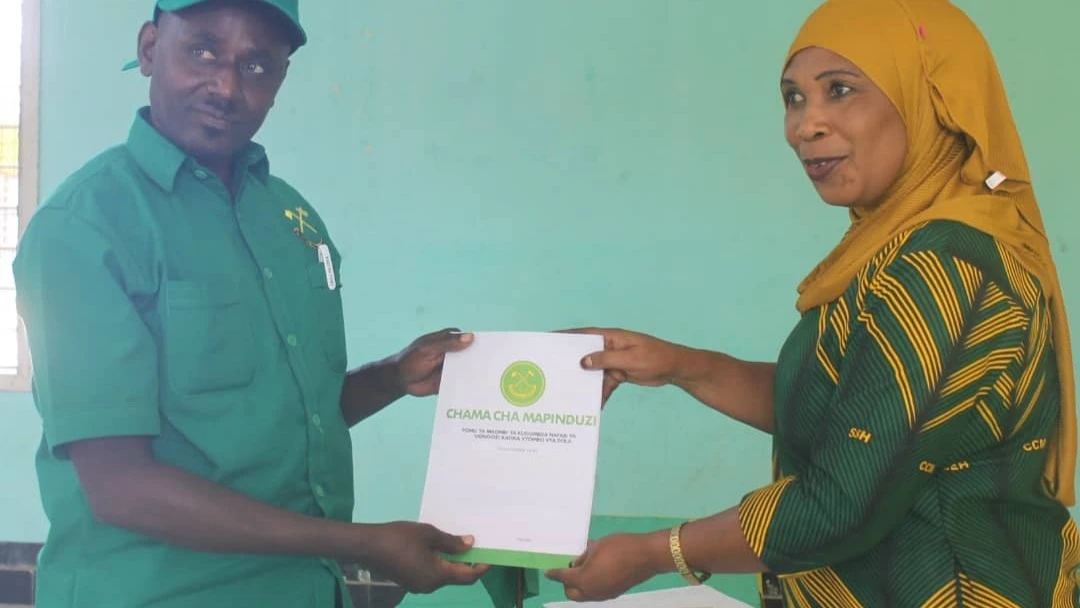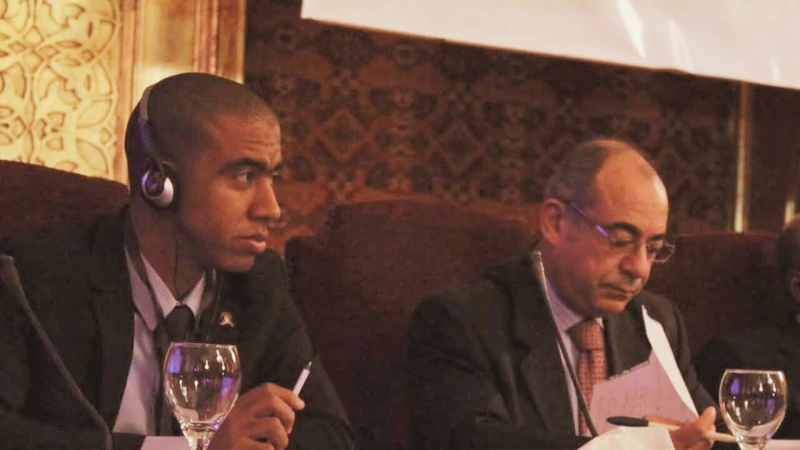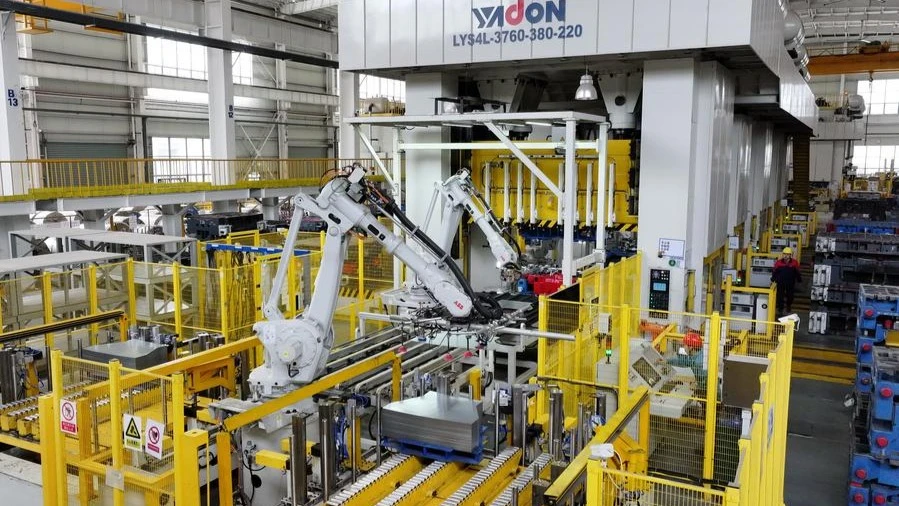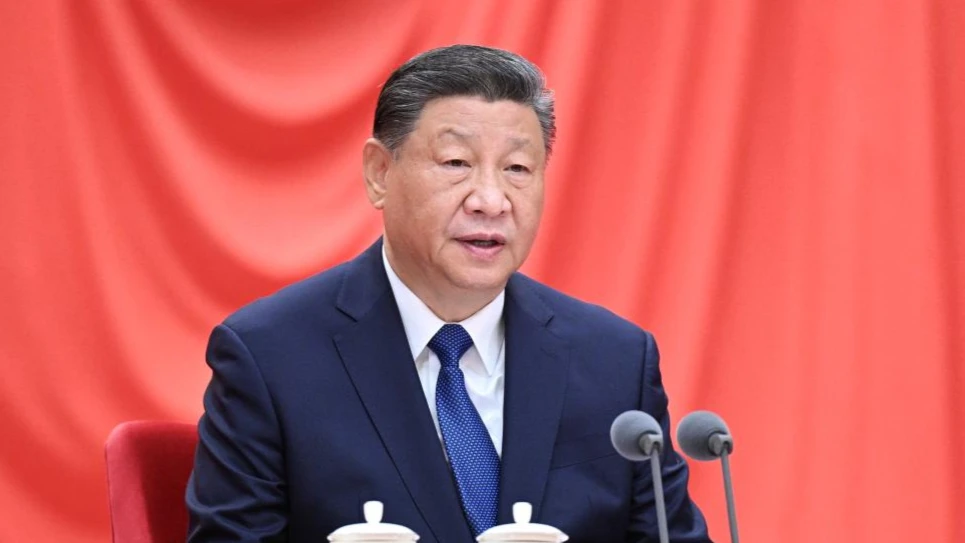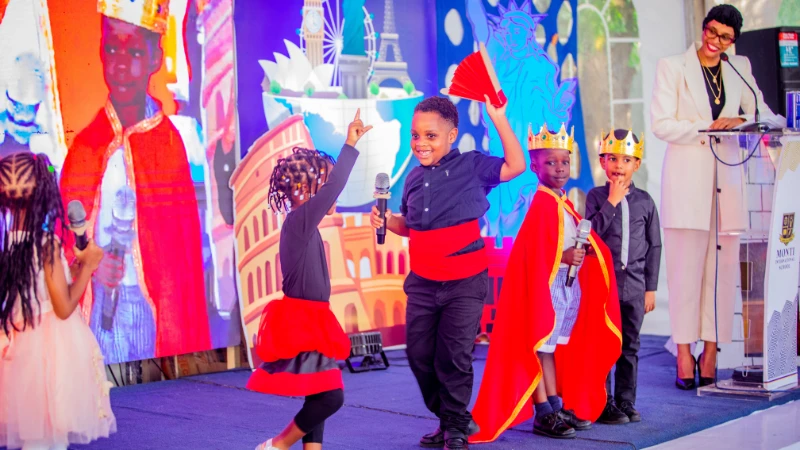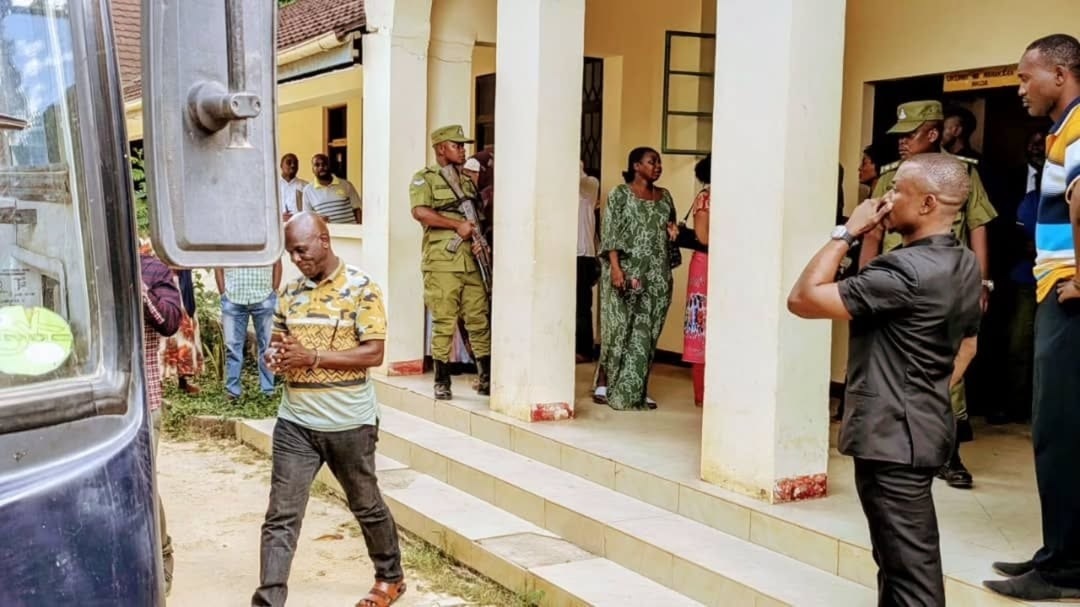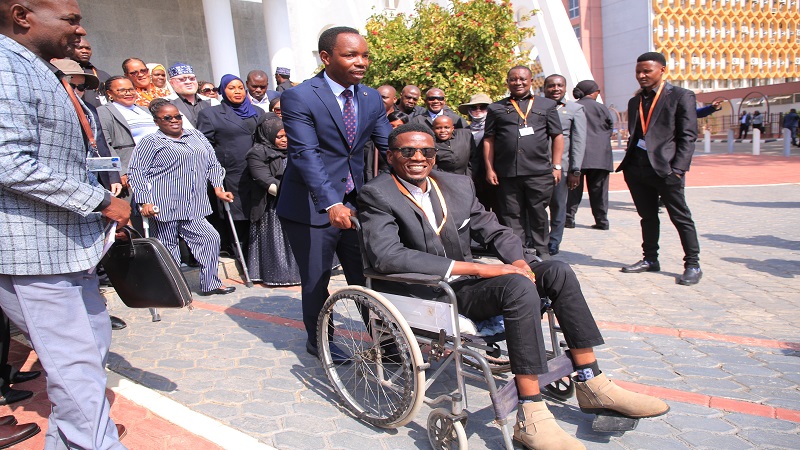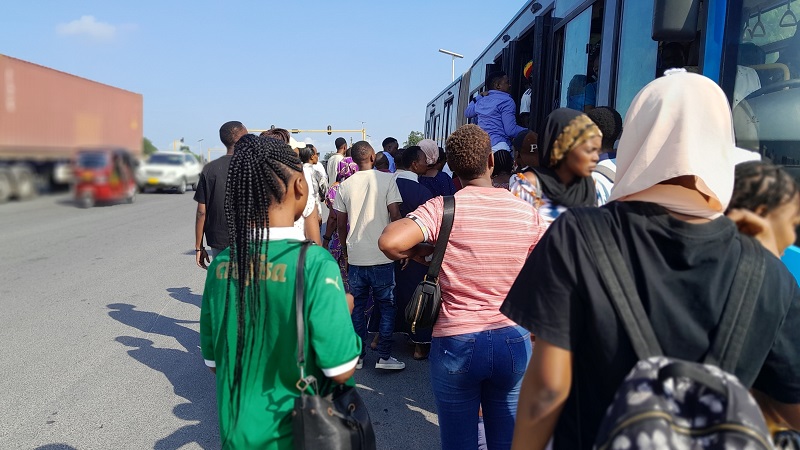VYZOV Prize empowers African scientists advancing breakthrough tech
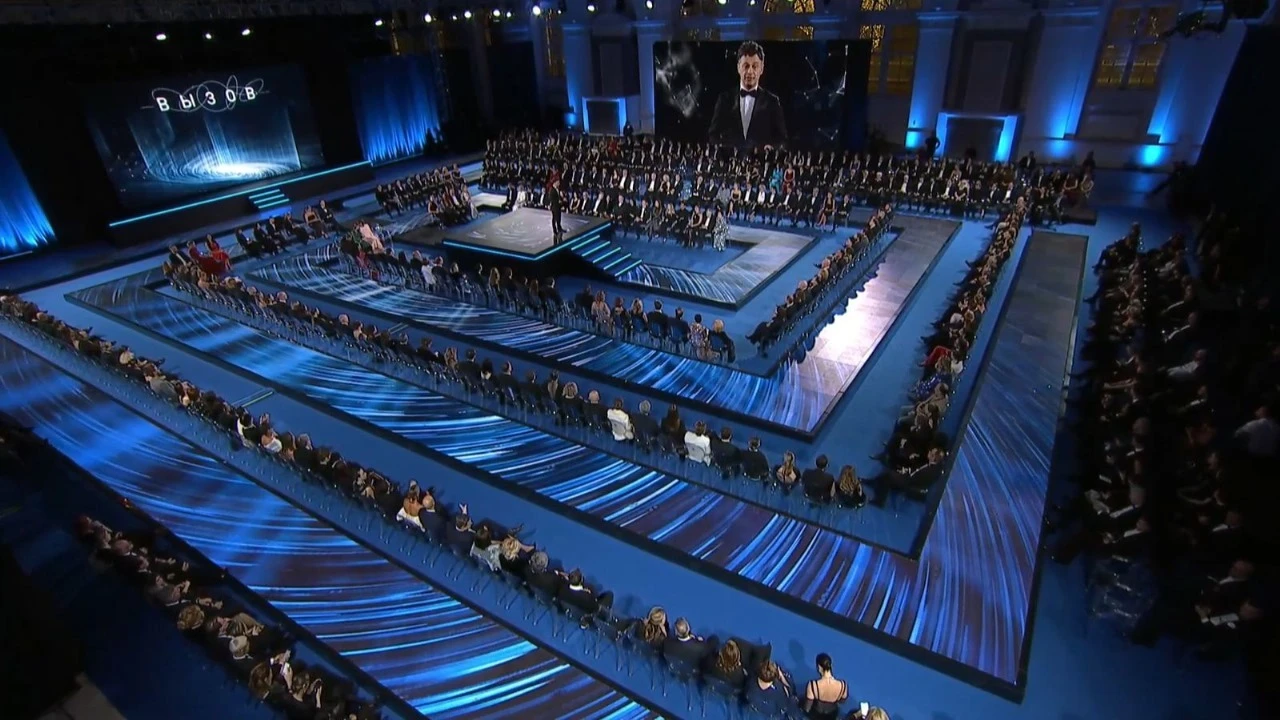
African researchers focused on solving real-world scientific and technological challenges are invited to take part in the 2025 edition of the VYZOV (“a challenge” in Russian) Future Technologies Award, an international competition that is designed to recognise breakthrough ideas and inventions that alter the landscape of modern science and the lives of each person.
The “Discovery” category of the prize, launched in 2024, is open to scientists from around the world — including those based at African universities, labs, or research centres.
The VYZOV Prize supports projects that have the potential to shift entire fields of knowledge or create technologies that change lives. It is awarded across five categories — “Breakthrough”, “Engineering Solution”, “Perspective” and “Scientist of the Year”. The international category “Discovery” focuses on research that has significantly influenced science and technology on a global scale. The award is supported by a number of institutions and companies, including Rosatom, one of the key partners of the prize.
“There are African researchers doing vital work in medicine, energy, climate, and agriculture — and their voices should be part of global scientific conversations. We hope to see more international collaboration, and more recognition of innovation happening outside traditional centres,” highlighted Ryan Collyer, CEO of Rosatom Central and Southern Africa.
Applications are open until May 21, 2025, and researchers can apply in one of three ways: individually, via peer nomination, or through nomination by a scientific organisation. The prize fund is 60 million rubles (approximately 740,000 US dollars).
The VYZOV Prize is one of several science-focused initiatives supported by Russian organisations in partnership with institutions worldwide. Among others is Global HackAtom, an annual applied science competition where student teams, including those from Africa, work on practical cases in the nuclear field. In 2023, the competition was held in Rwanda, where students from the University of Rwanda took part in developing nuclear-themed projects and presenting their ideas to experts.
By including both early-career scientists and senior researchers, these programmes aim to encourage long-term engagement with science and innovation. They also reflect a growing emphasis on inclusive research ecosystems and global partnerships in tackling shared challenges — from energy transition to technological independence.
Top Headlines
© 2025 IPPMEDIA.COM. ALL RIGHTS RESERVED


